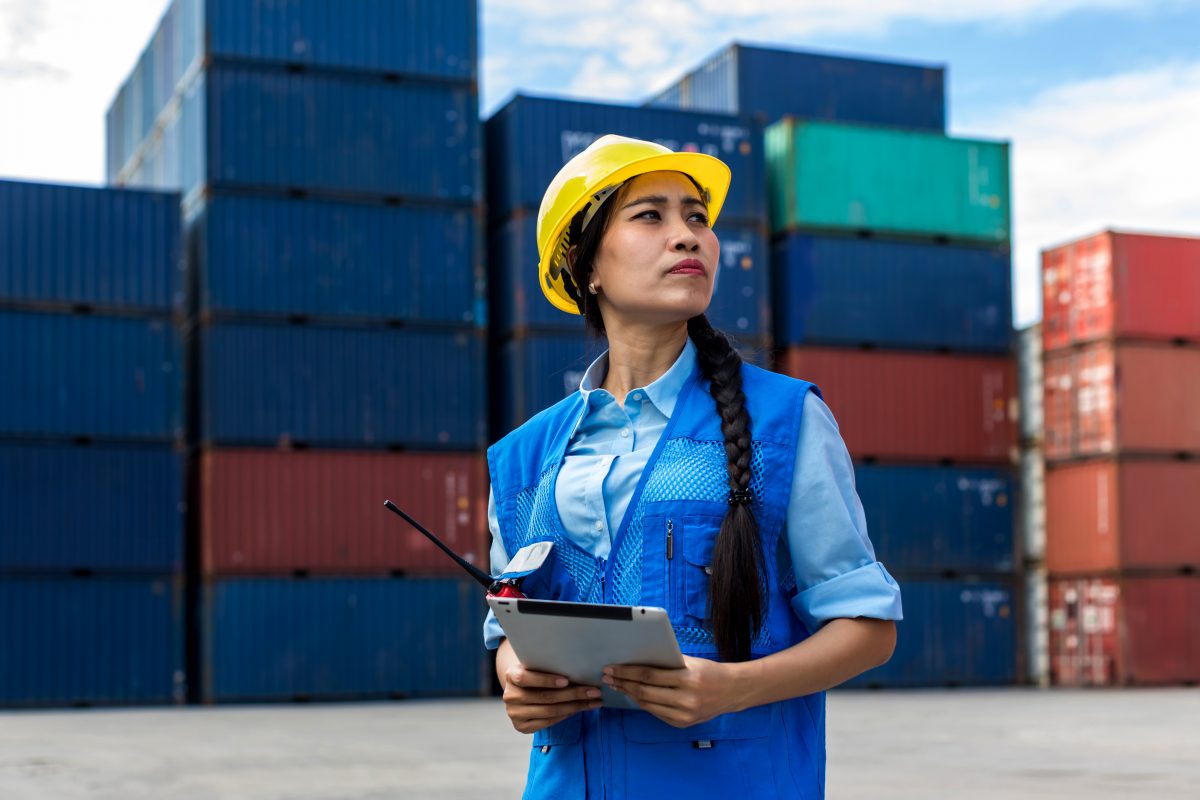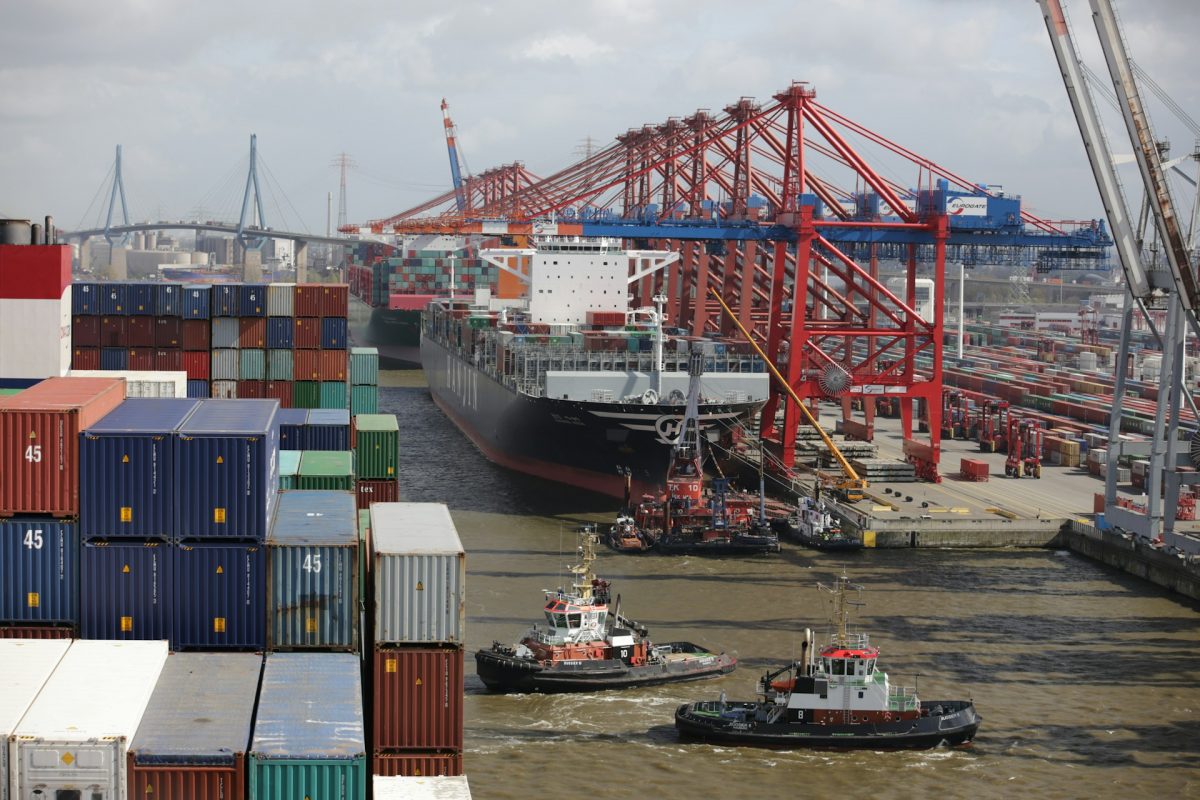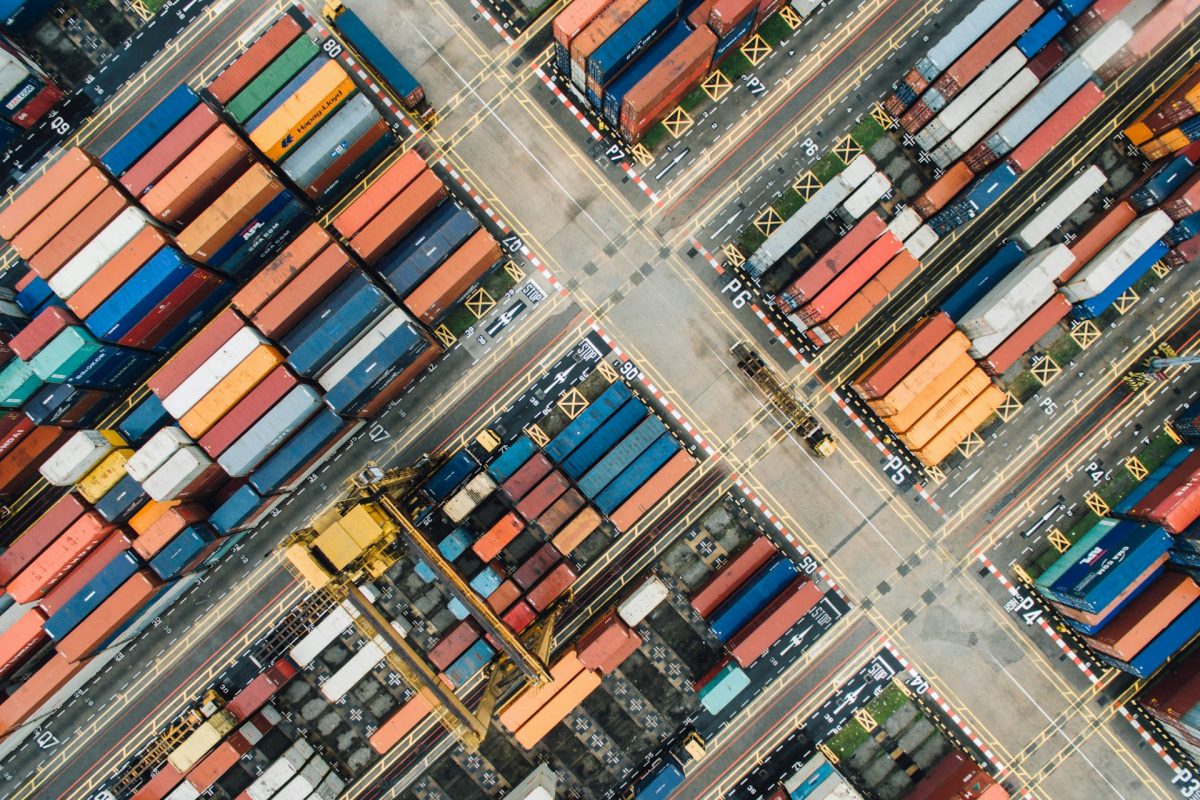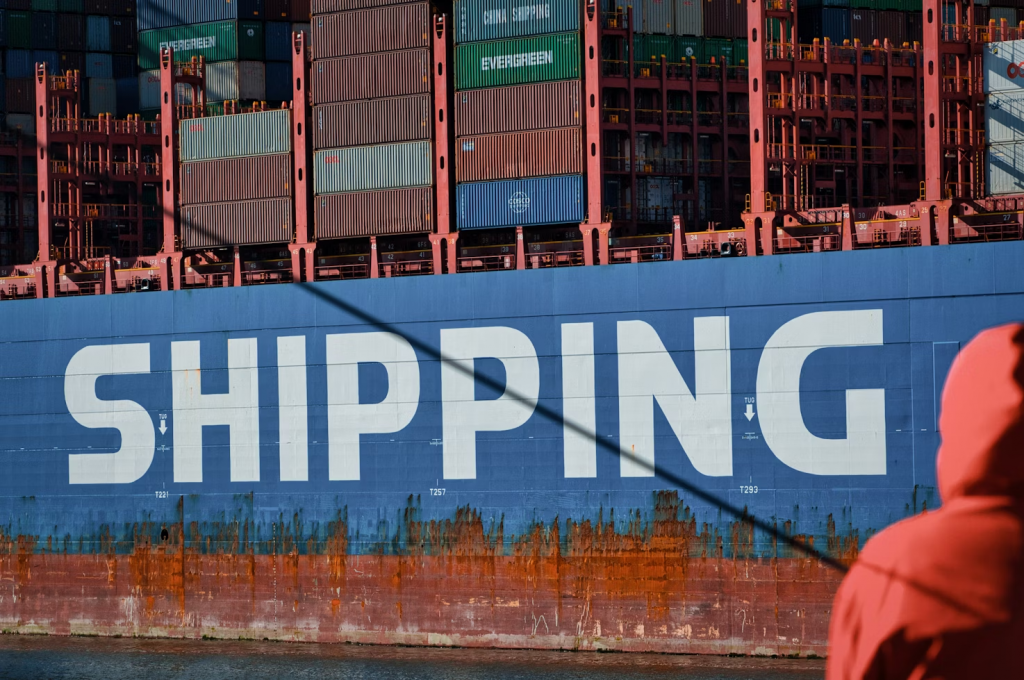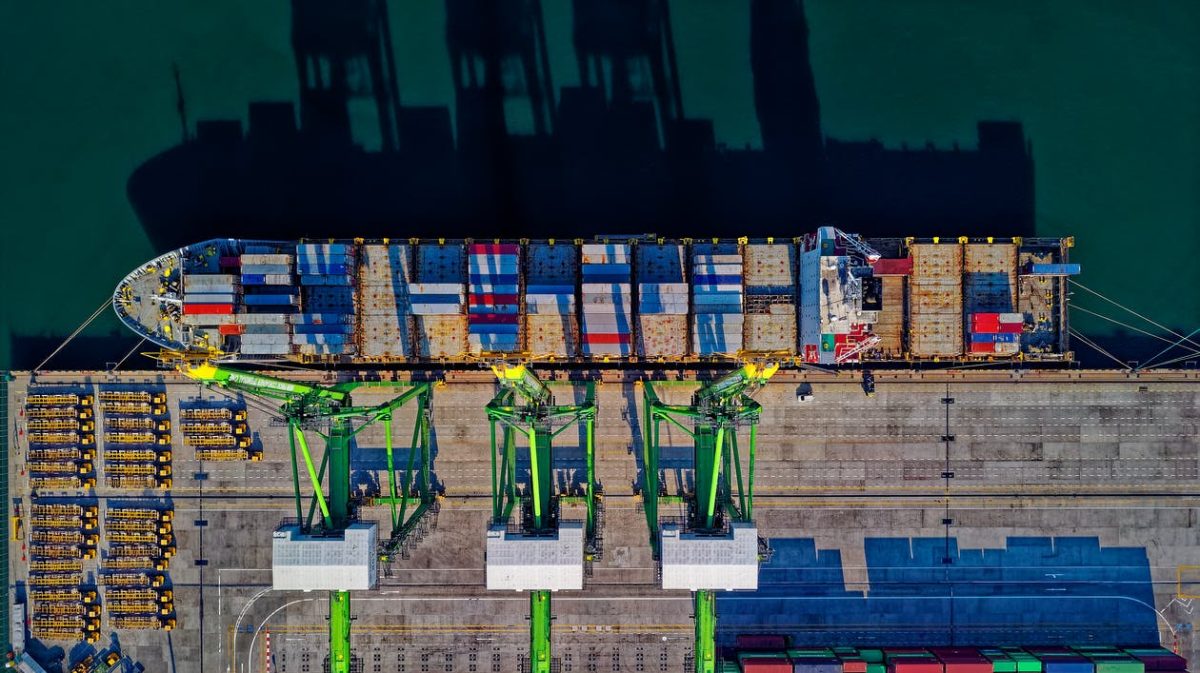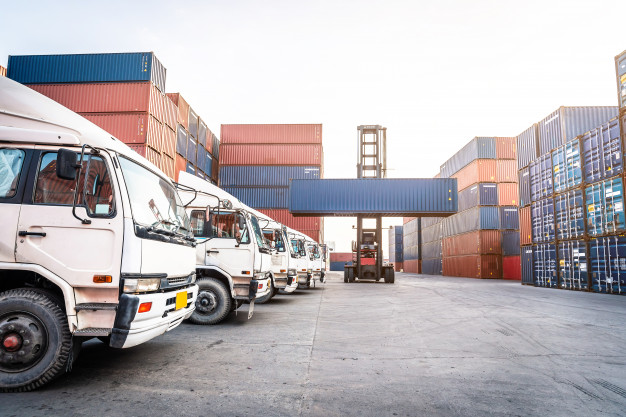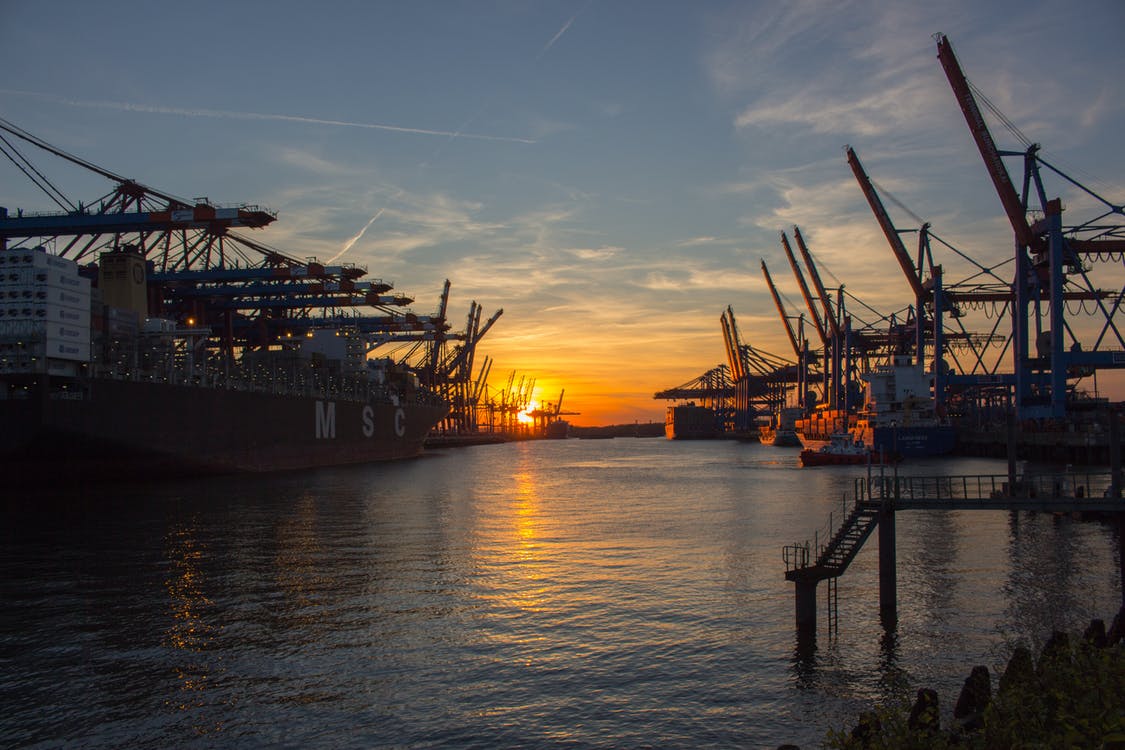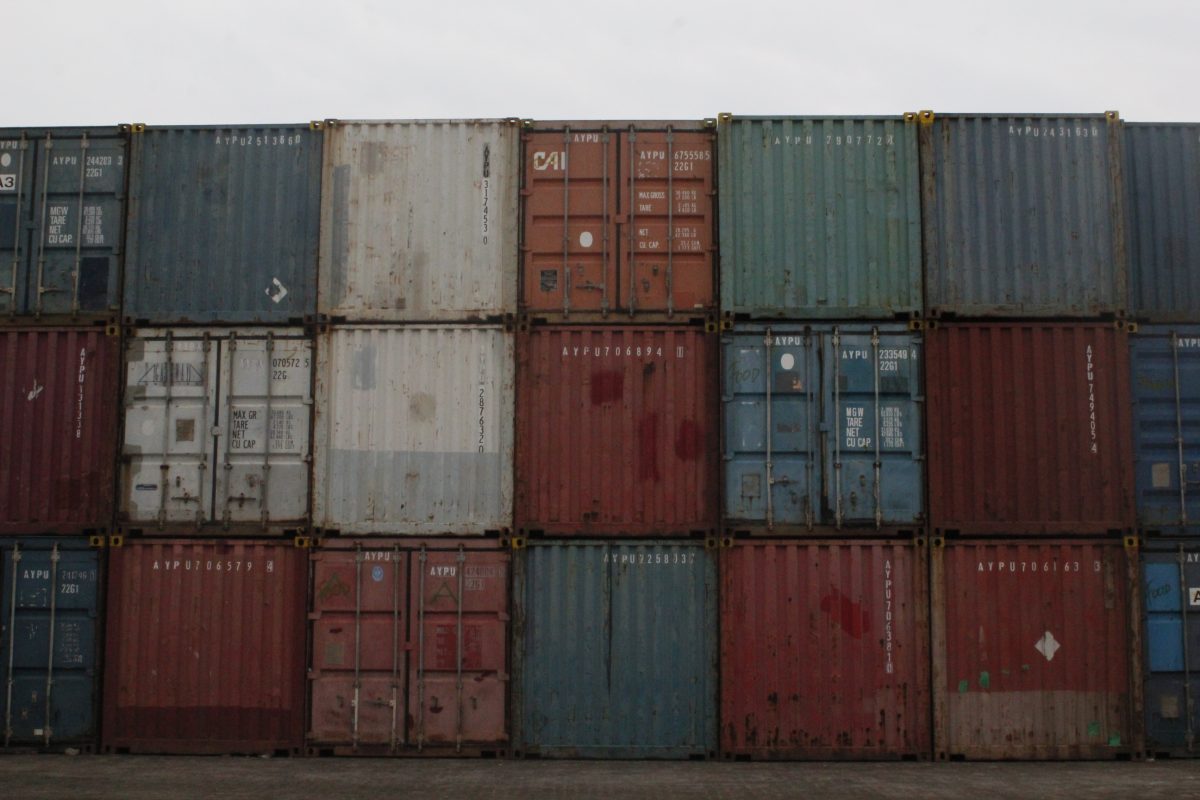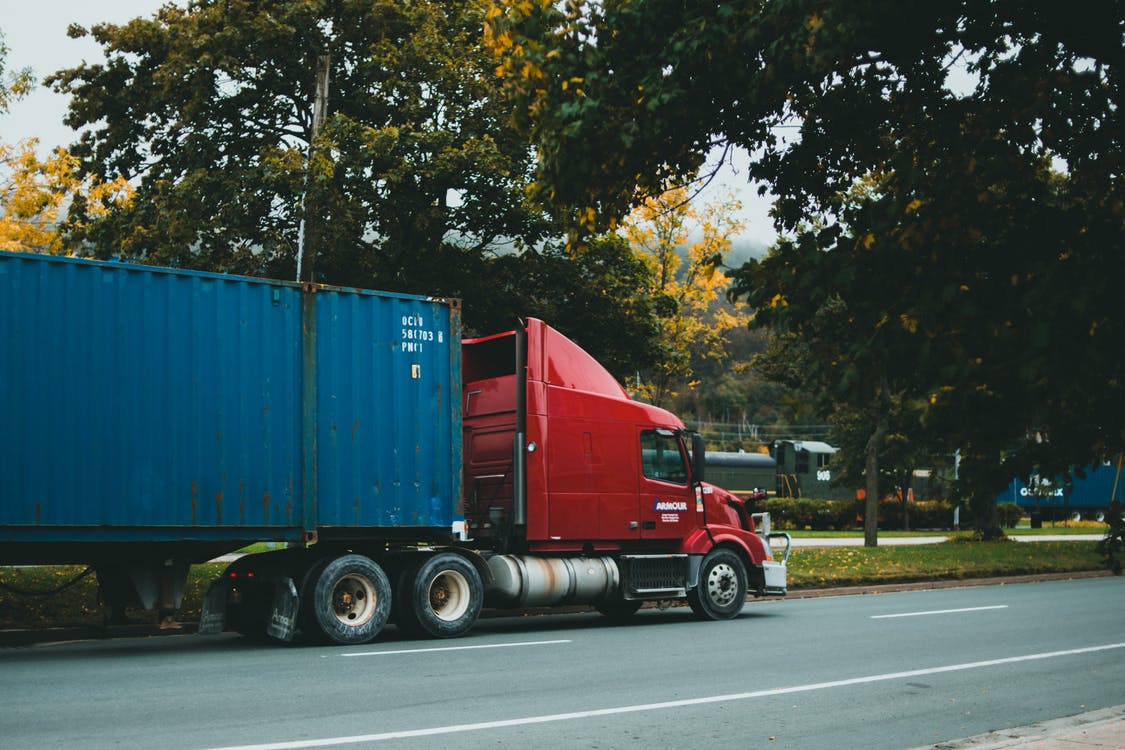The Role of a Licensed Customs Broker in the Logistics Industry: A 2024-2025 Guide
One factor contributing to the growth of the world economy is the logistics industry, which has been boosted when international freight forwarding becomes more relevant. In fact, the global logistics market was expected to elevate its value to 15.79 trillion in the year 2028.
While this growth has proved that importing and exporting goods are significant to the economy, the procedures have also become more intricate. Hence, hiring a licensed customs broker is vital. They serve as an intermediary to assist importers and exporters. They also provide services in acquiring and processing the documents and applications needed in international trade.
Licensed Customs Broker: The Bridge for Smooth International Shipping
A customs brokerage service processes importing and exporting applications. It oversees all customs-related transactions, including documentation, tax collections, and the importation and exportation of goods.
A customs broker also enables importers and exporters understand the laws and requirements needed for shipping. They have become invaluable assets for companies as they have enough networks with shipping lines, freight forwarders, and trade authorities. This has led them to eliminate complexities in the international shipping process, making the clients’ shipment operations seamless.
The Roles of Licensed Customs Broker in the Logistics Chain
Below are the duties and roles of a licensed customs broker in logistics:
Dealing with Customs Transactions
For importers or exporters, the arduous process of transporting a product takes a lot of time. To lessen the time consumed in processing, customs brokers can help clients with their paperwork. This includes transferring documents needed for the customs department, reviewing, protecting, and clearing goods or supply chains, and processing the entire shipping process.
Fee Management
Broker customs also manage customs expenses. They calculate all the fees, duties, taxes, and expenses, which are then paid and delivered directly from the client’s account.
Client Representative
With customs brokerage, clients are represented when they need to engage with customs-related operations. A licensed customs broker usually deals with authorities and communicates with their clients about changes in regulations or the progress of procedures.
Customs Operations’ Documentation
Similar to freight forwarders, customs brokers are involved in record-keeping their clients’ confidential and necessary transaction records. They also monitor the shipping of goods to ensure their safe entry and arrival at the destination.
Why Hiring a Licensed Customs Broker Matters?
Working with a customs broker is crucial for businesses and shippers, as it hugely offers value in the logistic chain:
Lesser Expenses
In customs, specific software or hardware is required to automate the process, which can be costly for clients. But brokers already offer services using the latest technology to streamline goods shipping.
Proactive Shipment Solution
Items’ shipping occasionally causes undesirable delays due to unforeseen circumstances. A reliable customs broker can help clients deter conflicts and propose a solution. They are also knowledgeable in various customs regulations and have established connections with authorities, allowing them to accomplish logistics needs without problems.
Boost Sales
The efficient and streamlined service provided by licensed customs brokers in shipping a client’s goods opens a vast opportunity for business owners. Since most consumers want their products to be received in a short period, new markets will be reached, and more sales are most likely to boost.
Hassle-Free Shipment
Hiring brokers is a tremendous advantage for clients who strive to achieve a hassle-free customs transaction. These brokers are capable of handling operations in export and import-related matters. They can get things done fast and can ensure a smooth operation without letting the clients worry.
Searching for the Best Licensed Customs Broker
The logistics industry remains developing, and this transformation creates a more complex process. Dealing with the customs regulations and authorities takes time.
Therefore, the best solution to start faster and seamless shipping is to foster collaboration with licensed customs brokers from Excelsior. Excelsior is a logistics corporation that delivers high-quality shipping services. They can assist clients achieve a hassle-free logistics transaction, guaranteeing protection to their shipped goods to safely arrive at the right destination.
Read more:
Why are Customs Brokers Critical in Crises?
Why Your Business Needs a Licensed Customs Broker?


